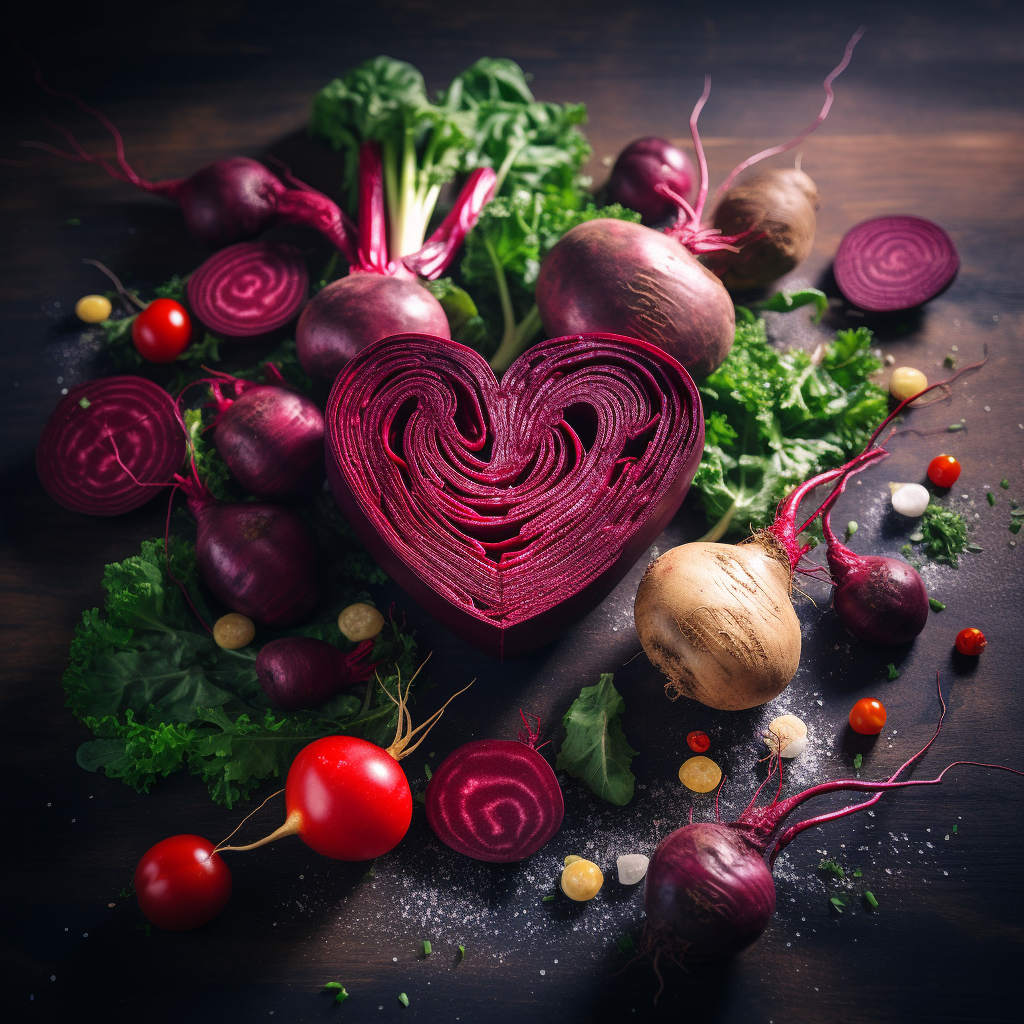
The Hidden Powers of Nitric Oxide
In the ever-evolving world of health and fitness, nitric oxide (NO) stands out due to its numerous benefits and scientific backing. Here, we uncover the intricacies of NO and its contributions to overall health.
What Exactly is Nitric Oxide?
Nitric oxide, or nitrogen monoxide (NO), is more than just a simple molecule in our body. Playing pivotal roles in blood vessel dilation, hormone release, and neurotransmission regulation, NO has positioned itself as a cornerstone of many physiological processes. It’s synthesized through two primary mechanisms: the NOS-dependent and -independent pathways.
Tapping into the Heart-Health Potential of NO
Among the many benefits of NO, its impact on cardiac health is truly commendable:
- Blood Pressure Regulation: By dilating blood vessels, NO contributes to reduced blood pressure, making it a potential aid for those with hypertension.
- Improved Blood Flow: NO ensures that the carotid artery, vital for supplying blood to our brain, functions optimally.
- Reduced Arterial Stiffness: Maintaining arterial flexibility is crucial for cardiovascular health, and NO aids in achieving just that.
NO and Athletic Performance – A Match Made in Heaven
For fitness enthusiasts and athletes, NO is nothing short of a boon:
- Enhanced Oxygen Delivery: Improved blood flow ensures that muscles get ample oxygen, thereby augmenting athletic performance.
- Faster Recovery: Post-workout soreness can be a dampener, but NO supplements may expedite the recovery process.
- Respiratory Efficiency: With supplements like L-arginine, respiratory responses during exercise sessions can significantly enhance.
Other Notable Health Benefits of NO Supplementation
The wonders of NO don’t just stop at heart health and exercise performance. It offers several other advantages:
- Combatting Erectile Dysfunction: Preliminary studies hint at NO’s potential in alleviating mild to moderate cases of erectile dysfunction.
- Pregnancy Health Support: By possibly reducing blood pressure during pregnancy, NO becomes a beacon of hope for expectant mothers.
- Healing and Recovery: Whether it’s injuries or post-workout recovery, NO supplements might offer speedy healing.
The Dietary Route to NO: Supplements vs. Natural Sources
Navigating the world of nitric oxide can seem daunting, especially when it comes to deciding the best way to introduce it into our diet. Let’s break down the two primary sources: dietary supplements and natural food sources.
NO Supplements - The Direct Path to Elevated NO Levels
NO supplements, especially L-arginine and L-citrulline, are becoming increasingly popular due to their concentrated forms and the ease of consumption. Here are some of the highlights:
- Concentration: Unlike natural sources, supplements are engineered to provide a higher dose of NO precursors, ensuring a direct and significant boost to NO levels in the body.
- Convenience: For those with busy lifestyles or those who might not have access to specific natural NO-rich foods, supplements in the form of pills or powders offer a hassle-free intake method.
- Enhanced Formulations: Many NO supplements on the market are combined with other beneficial compounds, optimizing the overall health benefits. For example, L-citrulline often comes combined with malate, which can enhance the production of adenosine triphosphate (ATP), the body’s primary energy source.
- Research-Backed: Multiple clinical trials have evaluated the efficacy and safety of NO supplements, giving consumers a sense of reliability.
Natural Sources of NO – Mother Nature’s Bounty
On the other hand, natural sources of NO are abundant and come with their own set of benefits:
- Beetroot Juice: This has emerged as a frontrunner in the natural NO sources category. Not only does beetroot juice significantly increase plasma nitrite levels, but it also offers other essential nutrients beneficial for overall health.
- Green Leafy Vegetables: Spinach, arugula, and kale are rich in nitrates, which the body can convert into nitric oxide. Incorporating these into one’s diet ensures a steady supply of NO and other vital nutrients.
- Meat and Dairy: L-arginine, which the body uses to produce NO, is found in abundance in red meat, poultry, and fish. Dairy products also offer a modest amount of L-arginine.
- Nuts and Seeds: Another excellent source of L-arginine, snacking on nuts and seeds, can subtly boost your NO levels.
- Holistic Benefits: By choosing natural sources, you’re not just getting NO. These foods provide a comprehensive nutritional profile, including vitamins, minerals, fibers, and antioxidants.
Making the Choice – Supplements or Natural Sources?
When deciding between supplements and natural sources, consider factors such as convenience, dietary preferences, health conditions, and specific health goals. While supplements offer a direct and concentrated dose, natural sources provide a broader nutritional profile.
For those seeking targeted outcomes or needing higher NO levels due to specific health conditions, supplements might be more appropriate. However, for individuals aiming for overall wellness and preferring holistic nutrition, natural sources would be ideal.
In any case, before making any significant dietary changes or starting on a supplement regime, it’s always wise to consult with a healthcare or nutrition professional.
Are There Any Caveats to NO Supplementation?
While NO supplements come with a plethora of benefits, they are not without potential side-effects. It’s crucial to stay informed about potential gastrointestinal disturbances, headaches, and other possible side-effects. Moreover, consultation with a healthcare professional is non-negotiable, especially for individuals with underlying health conditions or those on specific medications.
Concluding Thoughts
As the scientific community continues to unravel the numerous benefits of nitric oxide, it becomes evident that NO supplementation holds promising potential for a plethora of health outcomes. However, like any other health supplement, it’s essential to approach NO with a well-informed mindset.
References
This article derives insights from the research paper “Dietary supplements for improving nitric-oxide synthesis” by Kiani AK, et al., published in J Prev Med Hyg 2022.
Interested in learning more?
Go VIP (it’s free!) and receive exclusive content from the koju team about the ketogenic diet, nutrition, and health & fitness in general.
